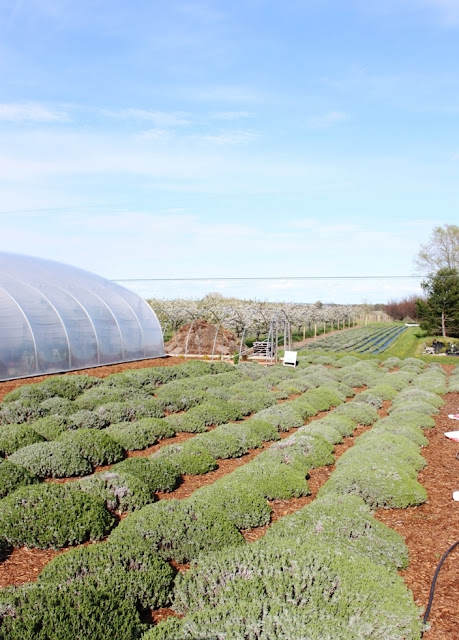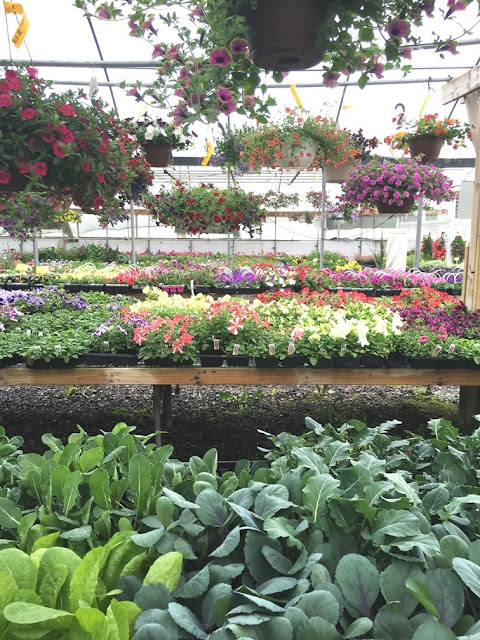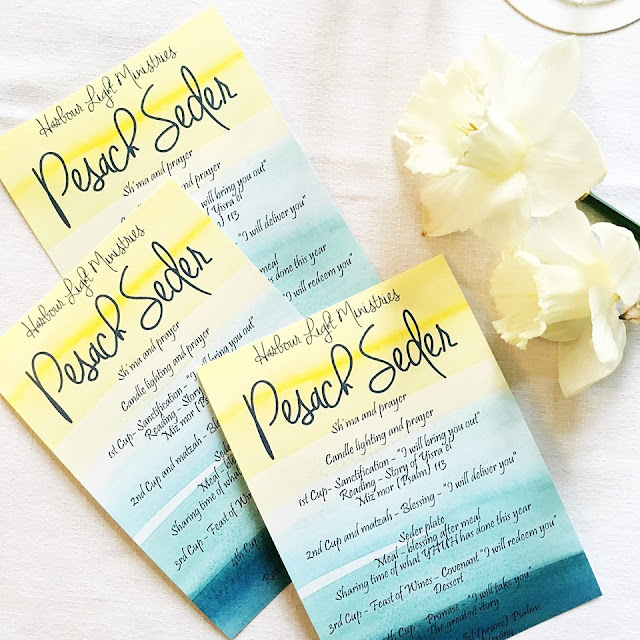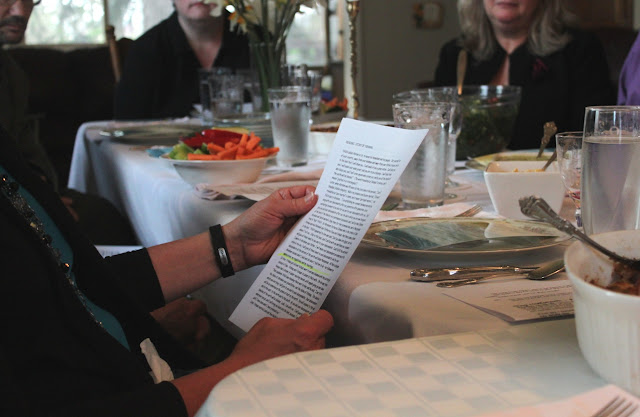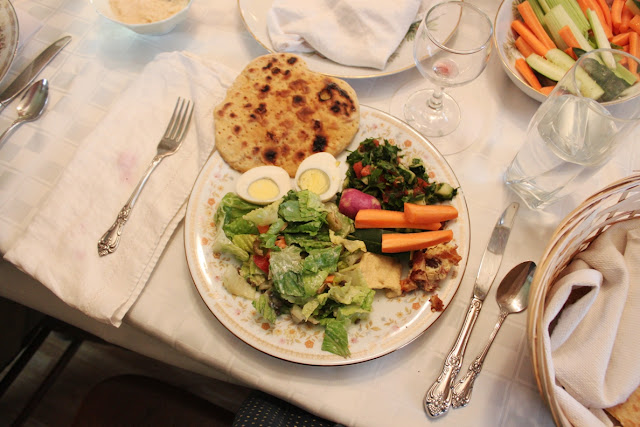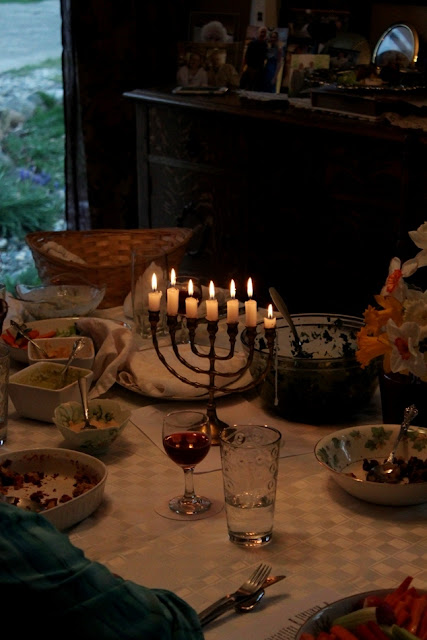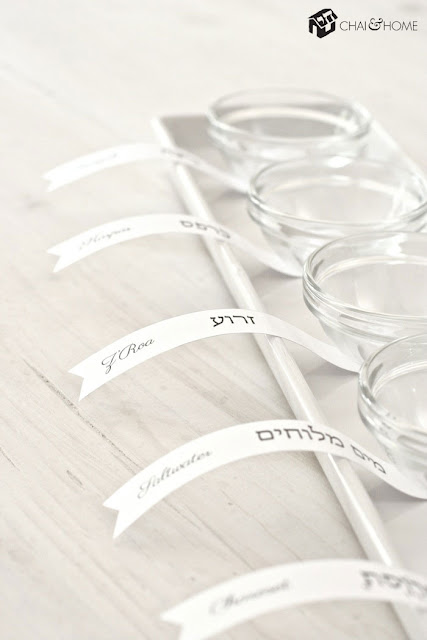Many positive things come from gardening. The most obvious joy is at harvest time when you get to reap the fruits of your labor and enjoy fresh vegetables that are far superior than what's available at the store. But you also get to enjoy the beauty of a flower, and the bees and butterflies that gardens attract. Gardening is hard work but physical exercise is important to having a healthy life and body, and many have attested to the power of fresh air for clearing your mind and lungs. Not to mention the vitamin D the sunshine brings. We could also discuss the many, many benefits to our environment, communities, and personal health that come from growing even a little of our own food.
But there is one other benefit: better understanding of Scripture.
I believe in eating local. I love growing my own food. I'm happy to have a form of exercise that pays me in tomatoes and broccoli. But the best part about gardening is that it teaches me about Scripture. Where is the starting point for humanity's story? A garden YHWH walked in. Who had a deep fondness for agricultural illustrations? Yahusha. YHWH regularly spoke to the prophets in the same way. Job and King David and Yahusha insisted that creation had something to declare to us. The Promised Land was particularly exciting because of how well things grew there. Jonah learned of the mercy of YHWH through a plant that died. YHWH repeatedly uses plants and nature to help us understand him.
But how can we consider the lily if we have never seen one? How can we have mustard seed-like faith if we don't know what that means? You don't have to dig a garden or grow all of your own food. You can learn even with a small flower bed or one pot of herbs in the windowsill.
25 Things Scripture Says About Gardening:
My Father is the
gardener. - John 15:1 - If we want to learn more about the nature and character of YHWH then it would help to learn about what gardeners do and how they work.
And YHWH Elohim took the man, and put him into the
Garden of Eden to work it and to guard it. - Beresheet 2:15 - I don't think YHWH is in favor of the 'efficiency' of factory farming and industrial food. From this passage we can see that YHWH intends mankind to both grow foods and flowers and to care for the earth.
Listen, see, there
went out a sower to sow.... - Mark 4:3 - Yahusha often spoke in parables about planting and growing. If a basic understanding of how things grow can give us a basic idea of what he was saying, then a better understanding will give us an even better idea.
For if you were cut out of the olive tree which is uncultivated, and were grafted contrary to nature into a tov olive tree, how much more shall these, who are cultivated branches, be grafted into their own olive tree as well? - Romans 11:24 - Did you know that olive branches can be cut off from the tree and 'dead' for years before being successfully grafted back into the tree? This passage becomes much richer when we know a little back story.
Instead of the thorn shall come up the cypress
tree, and instead of the brier shall come up the myrtle tree. It shall be to
YHWH for a Name, for an everlasting sign that shall not be cut off. - Isaiah
58:13 - We can look for signs from YHWH in the trees but we need to have some knowledge so we can recognize them.
Bring forth fruits of perfect teshuvah. - Matthew 3:8 - Gardeners learn that the fruit is the evidence of what kind of plant it is. What kind of tree is that? It depends what fruit is growing. In the same way, what's going on in you is evidenced by the fruit in your life.
I have smitten you with blight and mildew: when
your gardens and your vineyards and your fig eytzim and your olive eytzim
increased, the creeping locust devoured them: yet you have not made teshuvah to
Me, says YHWH. - Amos 4:9 - It's hard to understand how devastating blight is from the comfort of the supermarket. We can also see here that YHWH will use gardens and farms in order to turn the hearts of his people back to him.
He told them another parable: The malchut ha shamayim
is like a grain of mustard zera, which a man took, and sowed in his field.
Indeed, mustard is the least of all seeds, but when it is grown, it is the greatest
among herbs. - Matthew 13:31-32a - The Kingdom of Heaven is like a mustard seed. This makes more sense once you witness a tiny seed sprout and its plant spread.
And YHWH shall guide you continually, and satisfy
your being in drought, and make fat your bones: and you shall be like a watered
garden, and like a spring of mayim, whose mayim fails not. - Isaiah 58:11 - How do you know you are walking in YHWH's guidance? Well, do you look like a watered garden or not?
Then YHWH said, You have had pity on the plant,
for which you have not labored, neither made it grow; which came up in a night,
and perished in a night. - Jonah 4:10 - To give Jonah some shade, YHWH causes a plant to quickly grow. When the plant withers and dies Jonah is taught of YHWH's love and mercy for the people of Nineveh.
Ask the plants of the earth, and they will teach
you. - Job 8:12 - As Yahusha said, even rocks desire to call out in his praise. All of creation testifies to the glory of YHWH.
And the daughter of Zion is left as a cottage in a
vineyard, as a hut in a garden of cucumbers. - Isaiah 1:8 - There are so many passages throughout the Prophets that are going to be very difficult, if not impossible to understand if we don't have a little bit of familiarity with gardening, farming, and vineyards.
I am the vine, you are the netsarim. He that stays
in Me, and I in him, the same brings forth much fruit: for without me you can
do nothing. - John 15:5 - Whenever YHWH or Yahusha likens themself to something, we would do well to learn more about what that is.
You shall not sow
your field with mixed seed. - Vayikra 19:19 - There is more to this than not tampering with seeds. YHWH doesn't want us mixing ourselves with evil because it doesn't produce good fruit.
For the land, which you go in to possess, is not
as the land of Mitzrayim, from which you came out, where you sowed your zera,
and watered it by foot, as a garden of herbs: But the land is a land of hills
and valleys, and mayim to drink from the rain of the shamayim. - Deuteronomy
11:10-11 - Gardeners know the essential importance of water. In the Promised Land gardening would be easier and plants would flourish due to the abundant mayim.
Plant gardens and eat their produce. - Jeremiah
29:5 - Another verse that leads me to believe that YHWH expects us to grow things.
The earth brought out grass, and herb yielding
zera after its kind, and fruit trees yielding fruit, whose zera was in itself,
after its kind: and YHWH saw that it was tov. - Beresheet 1:12 - This is a passage that heirloom gardeners love. Save seeds from a squash and they will grow more squash next year. There are many spiritual applications to this of course.
And I will restore the captivity of My people
Israel, and they shall build the waste cities, and inhabit them; and they shall
plant vineyards, and drink the wine from them; they shall also make gardens,
and eat the fruit from them. And I will plant them upon their land, and they shall no more be pulled up out of their
land I have given them, says YHWH your Elohim. - Amos 9:14-15 - Even at the restoration of the Twelve Tribes, there is gardening and planting to be done.
For the sun rises
with a burning heat, so that it withers the grass and the flower falls and is
pretty appearance perishes: so also shall the rich man fade away in the course
of his chayim. - Jacob 1:11 - The life cycle of flowers teaches us about our own.
So then neither is he that plants anything,
neither he that gives mayim anything; but YHWH who gives the increase. He that
plants and he that gives water are echad: and every man shall receive his own
reward according to his own labor. - 1 Corinthians 3:7-8 - Only YHWH can cause things to grow, but he does reward our hard work, both in the field and in his kingdom.
Don't be deceived;
YHWH is not mocked: for whatever a man sows, that shall he also reap. -
Galatians 6:7 - Gardeners know you can't expect lettuce to come from celery seeds and blueberries won't come from a grape vine. What you plant in the garden and in life is what you will get.
For he loved the
soil. - 2 Chronicles 26:10 - King Uzziah loved the soil in Carmel and cared for the vines, dug wells, and hired farmers.
Consider the lilies and how they grow; they toil
not, they spin not; and yet I say to you that Shlomo in all his tifereth was
not dressed like one of these. - Luke 12:27 - If you want to be able to do what Yahusha says here and consider the lily, then you will need to be familiar with them.
And they heard the voice of YHWH Elohim walking in
the garden in the cool of the day. - Beresheet 3:8 - I love this verse. Maybe we should look for him there.
There was a garden,
and he entered with his disciples. -
John 18:1 - Yahusha spent much time outdoors and in gardens. He didn't head to a coffee shop or get online when he needed to pray and get refreshed. There's something we can learn from that.
The most significant piece of this to me is that YHWH and Yahusha both love gardens. Song of Songs is a further example of this. Whether or not you try your hand and growing something this year, I hope this gives you fresh inspiration to visit a botanical garden, spend time in your backyard, visit a strawberry farm or whatever else fits into your life that will help you grow in understanding of the Word.







